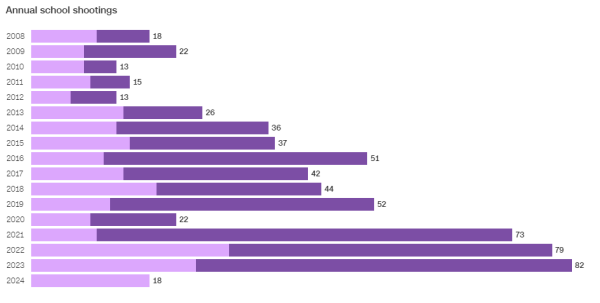Daylight Saving time should become the standard
March 30, 2023
The second Sunday in March is annually dreaded by Americans everywhere. While the country sleeps, the clocks spring forward at 2 AM, bringing the morning a little too close for comfort. Losing an hour of sleep might seem trivial, but it somehow manages to throw everyone off kilter each year. During the bi-annual clock shift, you can hear gripes about it practically everywhere. In spite of this, though, I prefer daylight saving time much more than the standard time we spend the winter in.
While daylight saving time was originally introduced in order to save fuel, the concept of extending hours of sunlight is still beneficial, especially for students like me. During the school year, I stay after almost everyday for some sort of extracurricular activity. Going home in darkness, even when it’s only 5:30, always makes me feel even more exhausted than I already am. Leaving when the sun is out, however, has the opposite effect .It feels like there’s still some time left, in comparison to going home in darkness and feeling like the entire day is already over. Sunlight makes you feel good because it’s good for you. It can increase Vitamin D production and release serotonin hormones, making people feel healthier and happier. It’s unfair that we should be so deprived of it during the winter months. For these reasons, I was on board when I heard about the Sunshine Protection Act, which was introduced and passed in the Senate last year. The act, which was never put into law because the House never voted on it, called for the nation to stay in daylight saving time annually. Not falling back to standard time in November would mean that the sun would never set before 5 PM again. It would provide many with the opportunity to see the sun more often and reap its benefits, while getting rid of all the annoying clock switches that always throws everyone off.
The Sunshine Protection Act was reintroduced to the House earlier this month, and they should vote to approve it for the benefit of the health, both physical and mental, of the citizens. Of course, if the act was made law, then the country will have to adapt in response. For instance, permanent daylight saving time would mean later sunrises. This means that schools may have to shift start times or bus pick ups to ensure that students, particularly elementary and middle school students who can’t drive, make it to school safely, even with the dark. All of these accommodations, however, are very doable, and they do not outweigh the benefits of staying in daylight saving time.






